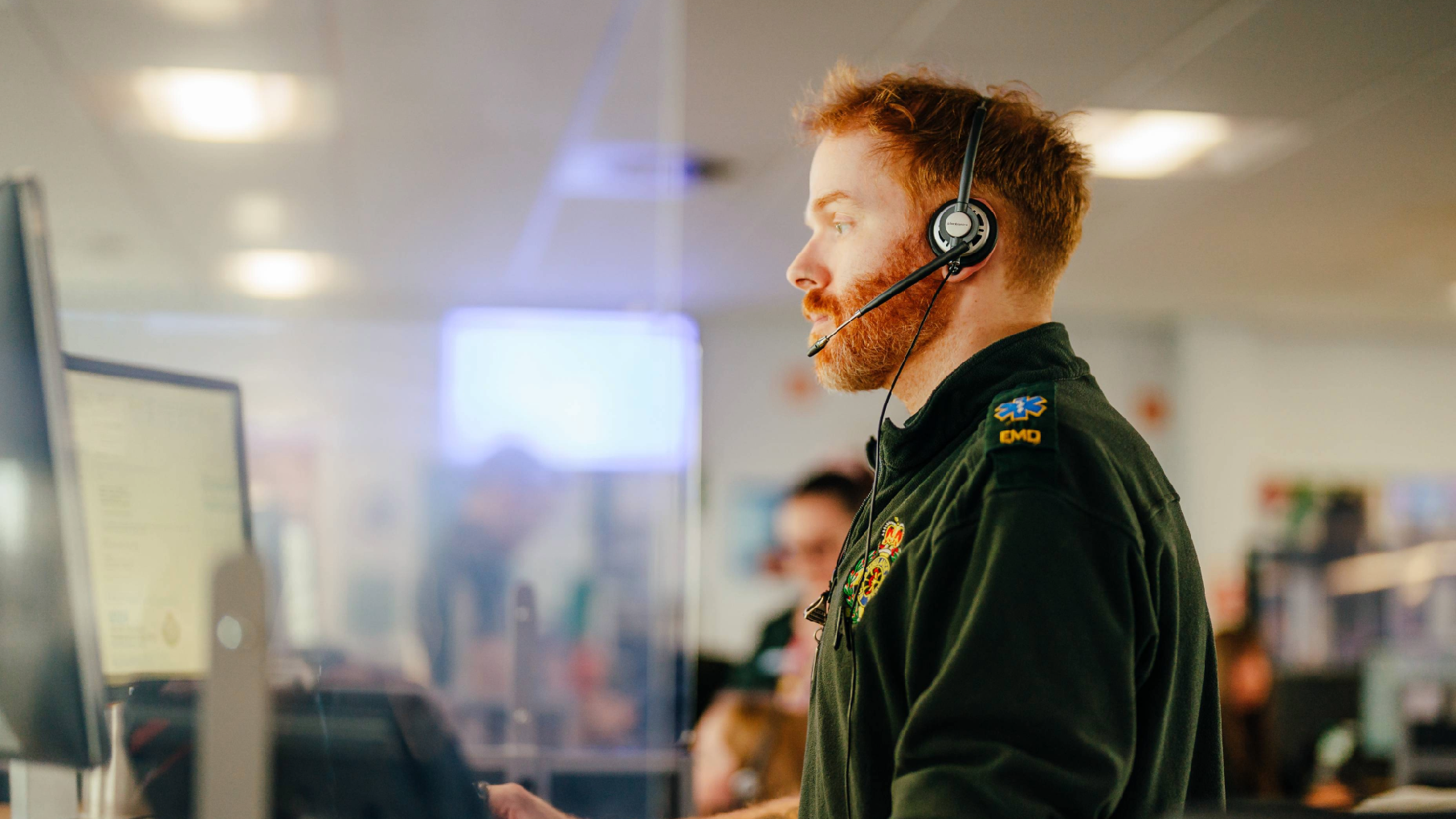The South Western Ambulance Service NHS Foundation Trust (SWASFT) has given examples of real phone calls it has received from a lost set of keys to a bad nightmare, as reasons for calling 999 when someone else could really require help.
 With winter in full swing, the Trust has seen a surge in calls for non-life-threatening issues, including one recent call from a patient asking for someone to bring them a heater during a power cut.
With winter in full swing, the Trust has seen a surge in calls for non-life-threatening issues, including one recent call from a patient asking for someone to bring them a heater during a power cut.
In 2024 alone, SWASFT handled an astounding 1,066,630 incidents, but a staggering 26% of these did not warrant an ambulance response.
Among the inappropriate calls were requests for help with minor injuries like a hurt finger during a football match, lost walking sticks, misplaced keys, bad dreams, and even incidents occurring in a hospital waiting room.
William Lee, Assistant Director of Operations at SWASFT, expressed concern over the misuse of emergency lines, commenting: “People call 999 when they or someone else is desperately ill or injured and need urgent medical attention.
"These calls are for situations where minutes matter and lives are at risk.”
He highlighted that misusing the emergency system not only places unnecessary strain on resources but also diverts attention away from those facing genuine crises. On average, SWASFT manages approximately 2,650 incidents daily, a number that can exceed 3,000 during peak times.
Emergency Medical Dispatchers are trained to triage calls and provide medical advice, ensuring that ambulances are dispatched to those in critical need. However, the influx of non-urgent calls complicates their ability to serve the community effectively.
SWASFT is urging the public to think carefully before dialing 999 and to reserve the emergency line for life-threatening situations. For non-urgent health concerns, individuals are asked to use NHS 111 Online, consult their GP, or seek advice from local pharmacies for quicker and more appropriate care.
Examples of recent inappropriate 999 calls emphasise the need for public education on emergency service use.
In one instance, a caller reported a hurt finger from a football game, while another sought help after losing their walking stick. Other calls ranged from issues related to lost keys to emotional distress following a nightmare, showcasing a disconnect between urgent medical needs and general inconveniences.
As SWASFT continues to address the challenges posed by these calls, they remind the public that appropriate use of emergency services can save lives.
For more information on when to call 999 and how to access alternative healthcare services, visit https://www.swast.nhs.uk/get-the-right-help-and-support
Want to know what’s on in Calne? Visit our local events page for listings and to find out how to add your own events for free. Follow us on Facebook, Twitter and Instagram to keep up with all the latest news. Have you got a story for us? Email editor@calnenews.com.



